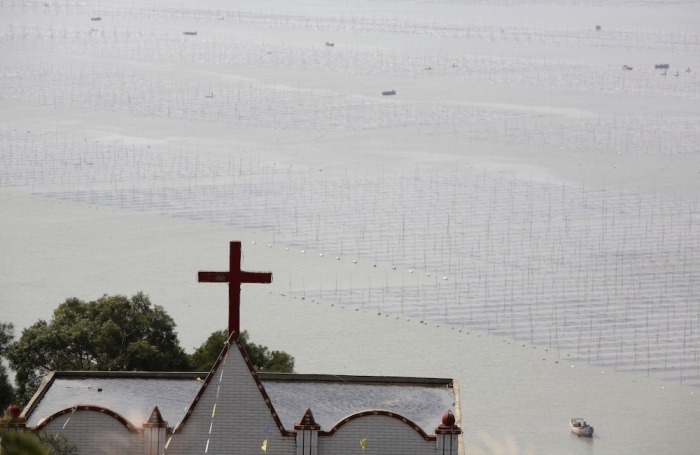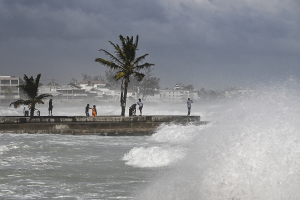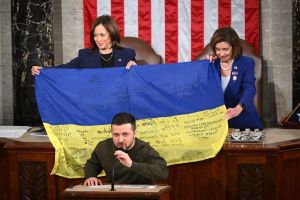China denies legal visits to detained preacher; family raises alarm over human rights

Details have emerged surrounding the April arrest of a house church preacher from China’s Yunnan region who was arrested by local officials and has not returned home.
The government has reportedly refrained from issuing a formal written notice of the arrest of Chang Hao or charges to his family, and has repeatedly denied visitation requests, including those from the family’s legal representation, the U.S.-based group China Aid reported.
Chang’s family and lawyer have unsuccessfully attempted to secure meetings with him four times since his arrest, said the group, which monitors human rights violations inside China.
The preacher’s daughter, Chang Zhiling, voiced her concerns about the authorities’ handling of her father’s case in a prayer bulletin last month. She said the lack of formal documentation or communication about her father’s detainment was equivalent to holding him hostage.
Following his arrest, local police reportedly confiscated personal belongings, including two mobile phones, a laptop, nearly a hundred copies of the Bible and all of his Christian literature.
The family learned about the charges against Chang only after they hired a lawyer, discovering he was detained for purportedly “picking quarrels and provoking trouble,” a charge the government selectively employs to target specific individuals, leading to unjust imprisonments.
Chang’s legal counsel has met resistance from the detention center staff, who have cited orders from “higher-ups” regarding the “special nature” of the case as reasons for refusing visitation. This refusal directly violates Chinese law, including the “Criminal Procedure Law” and “Regulations on Detention Centers,” which guarantee a lawyer’s right to meet with their defendant, China Aid pointed out.
Chang, known for his work in the congregation of a house church in Zhaotong area in Yunnan, was dedicated to social justice in China and had a particular interest in the support of persecuted churches. His activities, which involved distributing COVID-19 masks inscribed with Bible verses, became popular in the region, but local Communist Party officials found his activism “disturbing,” according to UCA News.
His wife, Enlin, informed the Bitter Winter magazine that following the April 14 raid, police seized Bibles, Christian literature and the inscribed masks. They denied the family and their lawyer the right to see Chang after his detention. After three days, the police informed them he would be detained for a further three days pending re-evaluation. This evolved into an “administrative detention” of eight days, which later became a “criminal detention,” with police offering no elaboration on the charges.
Chang’s case is in the stage of prosecutorial review. Due to the lack of evidence, it has been “sent back for further investigation.”
The family remains deeply concerned for his well-being, given Chang’s physical disability and diabetes.
His situation is indicative of the increased crackdown on religious groups since President Xi Jinping took charge in 2013 and particularly after China adopted repressive Regulations on Religious Affairs in 2018.
China is ranked No. 16 on Open Doors' 2023 World Watch List of the countries where it’s most difficult to be a Christian.
Open Doors also warned in its latest report that a growing number of countries are emulating the China model.
“China is trying not just to dominate the international agenda, but also to re-interpret existing (and coining new) human rights. China is trying to push this revisionism into the mainstream of international diplomacy, partly by attempting to re-define the tasks of the United Nations — and, most importantly, by filtering who is allowed to participate in debates on how human rights should be shaped in the future,” says the report.




























